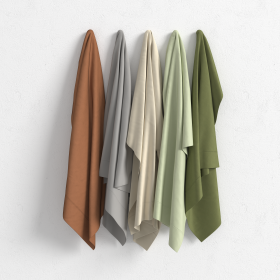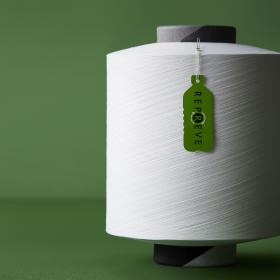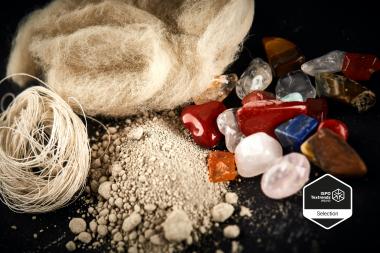Indorama Ventures almost triples PET recycling capacity in Brazil
Indorama Ventures Public Company Limited, one of the world’s largest producers of recycled Polyethylene Terephthalate (PET) resin, announced the completion of the expansion of its recycling facility in Brazil, supported by a ‘Blue Loan’ from the International Finance Corporation (IFC), a member of the World Bank.
The recycling facility, located in Juiz de Fora, Minas Gerais, Brazil, is increasing its production capacity from 9 thousand tons to 25 thousand tons per year of PET made from post-consumer recycled (PET-PCR) material. The project is part of Indorama Ventures’ Vision 2030 ambition to continue building a sustainable global company, including spending $1.5 billion to increase its recycling capacity to 50 billion PET bottles per year by 2025.
PET is a unique and widely used plastic for water and soda bottles and the most recycled plastic in the world. Indorama Ventures, the world’s largest provider of recycled PET resin used to make beverage bottles, invested US$20 million to optimize its Brazil facility’s processes and acquire new equipment such as washing machines to help remove labels, grind bottles in water and reduce water consumption by 70%.
In November 2020, the IFC provided $300 million in Blue Loan funding to Indorama Ventures with the objective of increasing recycling capacity and diverting plastic waste from landfills and oceans in Thailand, Indonesia, Philippines, India, and Brazil—countries which are grappling with mismanaged waste and serious plastic waste in the environment. Blue Loan funds are certified and tracked for projects that support sustainable use of ocean resources for economic growth, improved livelihoods and jobs, and ocean ecosystem health. Indorama Ventures has secured a total US$2.4 billion in long-term sustainable financing from various financial institutions between 2018–2022 to support sustainability projects.
Indorama Ventures Public Company Limited



























